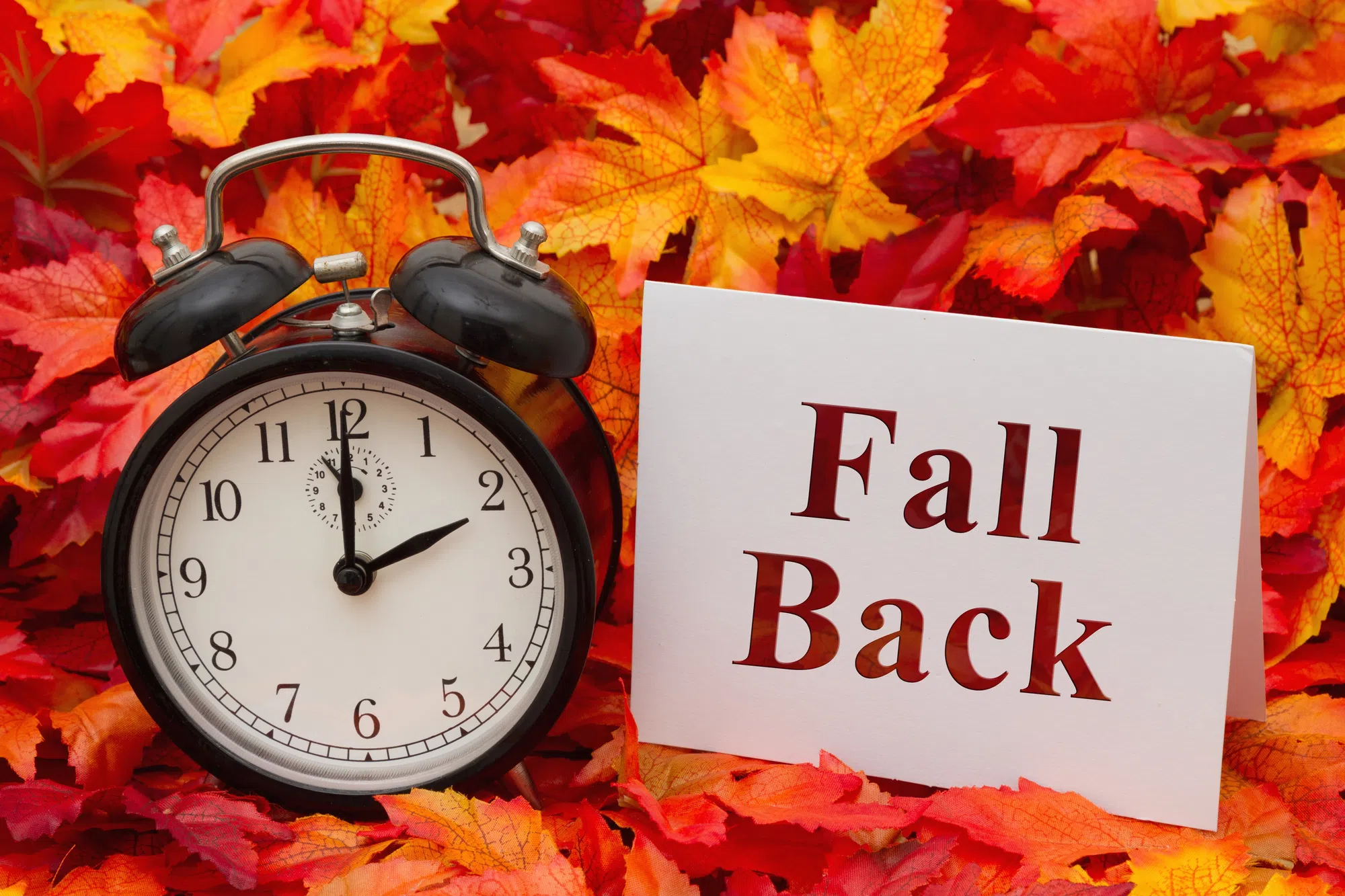Scoring an extra hour of sleep when we change the clocks for the end of daylight saving time this Sunday (November 3rd) may seem like a win, but it’s a little more complicated. According to experts, “falling back” can affect everything from our health to our mood, mental health, and performance at work.
“Every time we interrupt our sleep pattern, that interferes with our health. There’s increased risk for cardiovascular disease, heart attacks (and) increased risk for motor vehicle accidents, as well,” explains Dr. Christopher Pham, a sleep medicine specialist. Clinical psychologist Blair Steel points out that when we change the clocks to gain or lose an hour, our exposure to light changes and getting less morning light can decrease levels of mood-boosting hormones, like serotonin.

karenr / Depositphotos.com
Knowing the impact of the end of daylight saving time can help to protect against the winter blues or seasonal depression, known as seasonal affective disorder, or SAD. According to Vanessa Kennedy, director of psychology at Driftwood Recovery, about 3% to 5% of people may experience SAD, and the reduced sunlight hours that come with the end of daylight saving time in the fall can make it worse.
So, how can you adjust to the time change and avoid the winter blues?
- Get some natural light in the morning, or try light-box therapy or lamps that mimic the sun.
- Exercise can be a pick-me-up by boosting mood and serotonin levels, especially if you do it outside.
- Be aware of red flags of seasonal depression, like not wanting to do things you usually enjoy or isolating.
Source: CBS News









